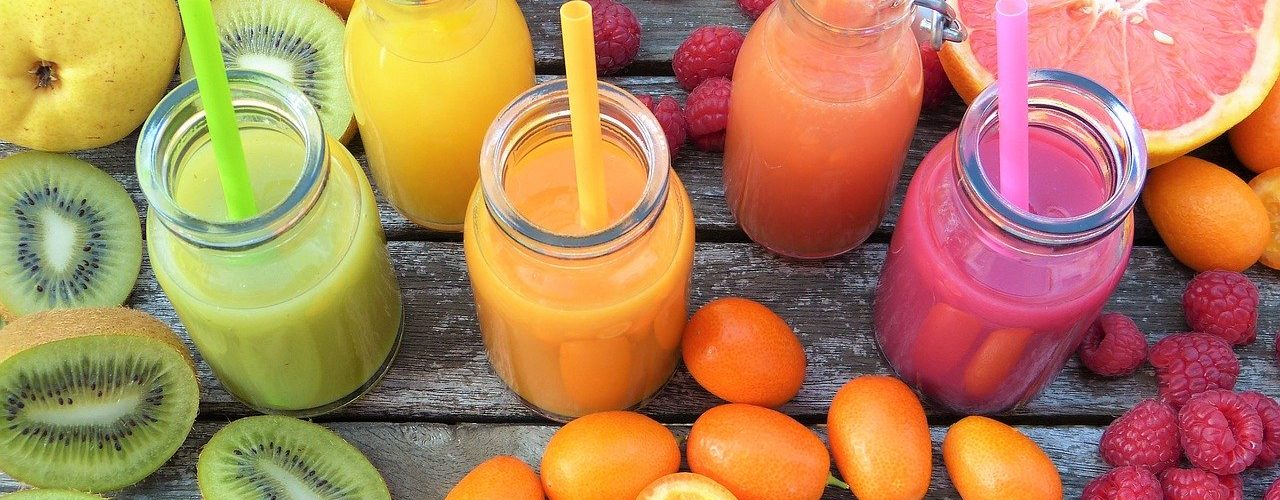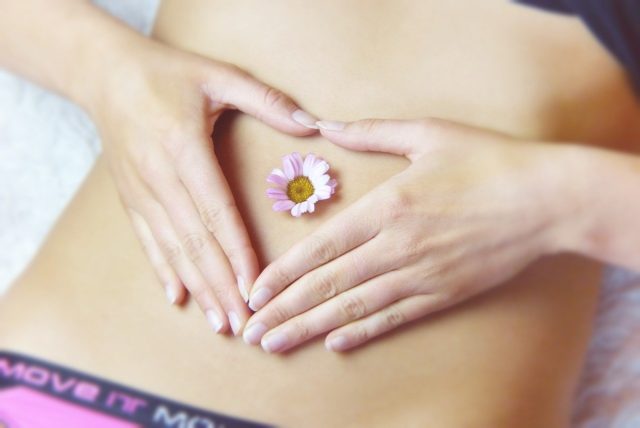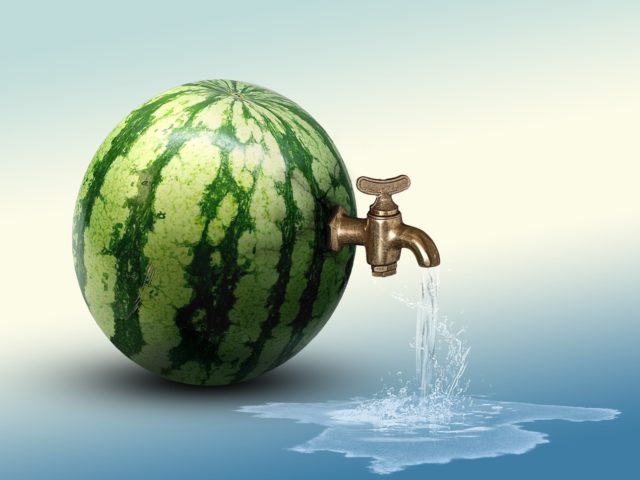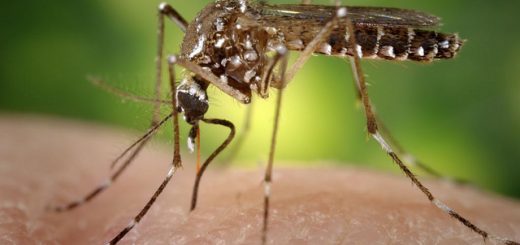Should you go on a juice cleanse?

With our current media landscape in which diet culture has become unavoidable, most people have heard of juice cleanses, if not tried one themselves. Some basics for everyone who managed to completely avoid the trend until now- a juice cleanse is a fad diet during which participants drink a number of fruit and vegetable juices for a period of time, usually between 24 hours and a week. Often, they do not consume any solid foods while some variations of juice cleanses allow raw foods like salads. Alleged benefits are numerous: supporters claim the cleanse detoxifies the body, boosts energy, and aids with weight loss and hydration as well as supplying the body with high amounts of vitamins and minerals.
Juicing as a method of detoxification first made an appearance in the 1960s. It continued to gain traction all through the 70’s, when American entrepreneur Dave Otto opened a juice bar in Beverly Hills, which is still in place today and has a loyal following. While its popularity shifts over time, it’s a trend that doesn’t seem to go away and has had another resurgence in the early 2010s. Currently, Google searches related to juice cleanses peak every January, likely due to people looking for a ‘fresh start’ to the year.
The alleged benefits sound enticing, but how much truth do these claims hold? Let’s look at them one by one.

Detoxification
This is the main selling point of most juice cleanses; the claim that the regimen can rid your body of any ‘toxins’. It is never specified what toxins are supposedly ‘eliminated’- and that is where the problem with this ‘detoxification’ claim lies. Adequate hydration can accelerate the removal of waste substances in the form of urine, but there is no reason to exclude solid foods and rely on drinking juice to achieve this.
The kidneys and the liver are the organs responsible for detoxification in the body. They filter blood and remove any substances that do not belong – remnants of medication, some forms of excess nutrients – and maintain the body’s water content. Any type of toxin that cannot be managed by this system and causes a problem, such as heavy metals, constitutes a medical emergency and cannot simply be treated with a regime of juices. There is no reliable scientific evidence backing up any detoxifying effects of juice cleansing.
Energy Boost
Supporters often claim feeling more energetic or ‘lighter’ during and after finishing a juice cleanse. There is purely anecdotal evidence for this and it can be easily explained. During the cleanse, all junk food is cut out. If this was something the participant was regularly consuming, simply avoiding it may be enough to trigger a feeling of boosted energy. Unfortunately, this effect wanes after the individual returns to their regular eating habits.
A majority of the ‘energy-boosting’ claims are attributed to the placebo effect, a proven psychological effect in which the individual’s beliefs shape their expected outcomes and experiences. The participant may have heard great reviews of the cleanse from friends or family and due to believing in it, they feel the benefits despite depriving the body of vital nutrients. Drinking juice causes a spike in blood sugar levels, which are responsible for the ‘sugar rush’ phenomenon that people experience. This, therefore, manifests in a ‘boost of energy’ in the individual although this is usually not long-lived. However, since most cleansing regimens involve the participant drinking a juice at least every 2 hours, they may be keeping their blood sugar constantly elevated, therefore feeling energetic all day.
Weight Loss
The basic formula for weight loss is consuming fewer calories than are expended. There are certainly other factors that make it less straightforward (the nutrient makeup of the food consumed, for example), but when people report losing weight after a juice cleanse, there are two main reasons why. Depending on the type of juice cleanse, participants end up consuming between 800 and 1200 calories a day. The amount required for weight maintenance varies with every individual depending on body composition and lifestyle but is averaged to be around 2000 calories. This caloric deficit, combined with a low sodium and high liquid diet, which encourages the excretion of excess water, can explain the change many see on the scales after a juice cleanse. The water weight loss is temporary and will most likely return completely when solid foods are reintroduced. Similarly, unless the cleanse is followed by a lifestyle and diet change, any weight loss will not be permanent. At any rate, consumption of 1,000 calories is the daily amount recommended for a toddler and simply not enough to sustain the average adult. This tool1 can be used to estimate caloric requirements.
Aside from the low calories, juices are high in sugar but no other macronutrients which are essential to sustaining a healthy body: complex carbohydrates, protein, and fats. Complex carbs like whole grains supply us with sustained energy. Proteins and fats are key building blocks in our muscles and cells as well as keeping us full for longer. With all these missing, it is likely that participants would feel hungry and unsatisfied.
Hydration
Many juice cleanse kits that can be purchased online include 6-8 juices per day, totalling around 3 litres. Naturally, consuming this amount of fluids will hydrate the body. However, a study done by researchers at Harvard University in 2019 suggests a link between consuming fruit juice and developing Type 2 diabetes2.
This is most likely due to the way juices are processed by the body compared to whole fruits or smoothies. When juicing, all of the fruit pulp is discarded, leaving no fibre. Fibre slows the release of sugar from the food we eat into our blood, reducing spikes in our blood sugar levels which are a factor in developing Type 2 diabetes. In summary, while a juice cleanse may indeed help with hydration, it is hardly the healthiest way to do so.
Micronutrient Boost
Similarly, it is technically true that juices can deliver a dense portion of vitamins and minerals. However, this isn’t necessary in most cases. Almost all vitamins (except for A, D, E, and K) are water-soluble, meaning if more are ingested than required by the body, they are simply excreted in urine. As shown by the Harvard study, it is better to eat a piece of fruit as opposed to drinking the juice.
As it seems, a juice cleanse is just another highly restrictive fad diet masquerading as a wellness trend. All in all, while some of the alleged benefits may be true, a juice cleanse is not the best or the easiest way to gain them. In fact, numerous doctors and health professionals have spoken out against juice cleanses. So, should you go on one? The answer is a clear and resounding no. Besides, given that 5-Day Juice Cleanse packages can run upwards of £150, in most cases, the only thing being cleansed is your wallet.
This article was specialist-edited by Evita Muller and copy-edited by Dzachary Zainudden.











